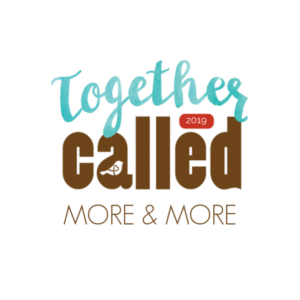
Only a couple more weeks! Here’s a sneak peek at what we have planned in addition to hearing from Peter Greer of HOPE International and Ross and Staci King.
Preconference Session Friday Afternoon: Better Together
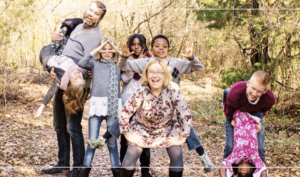 Parenting vulnerable children can often bring relationship problems to the surface. We can blame those issues on our kids, or we can recognize that we need to work through our histories while growing in relationship with our spouse. In this workshop, we will look at the covenant of marriage that God designed, what we bring to the relationship, and why we might be struggling to stay connected spiritually, emotionally, and physically to our spouse. We will discuss how we can collaborate in our parenting, communicate with each other effectively, and address conflict as we parent kids with a trauma history. We’ll be better together when we are living in harmony and headed in the same direction.
Parenting vulnerable children can often bring relationship problems to the surface. We can blame those issues on our kids, or we can recognize that we need to work through our histories while growing in relationship with our spouse. In this workshop, we will look at the covenant of marriage that God designed, what we bring to the relationship, and why we might be struggling to stay connected spiritually, emotionally, and physically to our spouse. We will discuss how we can collaborate in our parenting, communicate with each other effectively, and address conflict as we parent kids with a trauma history. We’ll be better together when we are living in harmony and headed in the same direction.
About the speakers:
Ryan and Kayla North are experts on childhood trauma and its impact on adults and children. Personally, they spent 10 years as resource parents over which time they cared for 30 different children and adopted 4 who joined their 2 bio kids. They are both TBRI trained practitioners and served as Lead Trainers for Empowered to Connect. They currently lead Tapestry Family Ministry, a nonprofit in Dallas, TX that supports and equips churches and families with tools and resources to wrap around and bring hope and healing to adoptive and foster parents, children, and their families. You can hear them on The Empowered Parent Podcast and read their writing on Empowered to Connect, the Today Show Parenting team, and at One Big Happy Home.
Saturday Afternoon Breakout Sessions:
Holy Devotions: Notes to my Brothers and Sisters
 We can approach our relationship with God in a way that looks a lot like how we approach our relationships with the people around us. We know it’s important and wonder if we are doing all we should. We want a how-to manual so we can tick the box and know we did enough. We want to stock our shelves with tools to help us because we need it. Maybe we mistake hard work or service for deep connection. In this session, Kelly will share parts of her own spiritual journey and how she moved forward from devotions motivated by a desire for self-improvement to dynamic times of connection with God that overflow into her connection with others. Come ready to learn and practice a way to engage with God through His word using your head and your heart.
We can approach our relationship with God in a way that looks a lot like how we approach our relationships with the people around us. We know it’s important and wonder if we are doing all we should. We want a how-to manual so we can tick the box and know we did enough. We want to stock our shelves with tools to help us because we need it. Maybe we mistake hard work or service for deep connection. In this session, Kelly will share parts of her own spiritual journey and how she moved forward from devotions motivated by a desire for self-improvement to dynamic times of connection with God that overflow into her connection with others. Come ready to learn and practice a way to engage with God through His word using your head and your heart.
About the speaker:
Kelly Raudenbush, MA cofounded The Sparrow Fund with her husband Mark in 2011. She also is a therapist at the Attachment & Bonding Center of PA specializing in coming alongside foster and adoptive families. Kelly has a particular interest in (a) engaging and empowering parents who are struggling in their attachment to their children, (b) helping parents walk with their children as they process their hard stories, (c) encouraging couples in their pursuit of each other and unity in parenting, and (d) empowering orphanage staff in China to foster connection with children and each other. Mark and Kelly have been married for 20 years this year and have four children, one of whom joined their family through adoption from China as a toddler in 2010. You may want to check out her Instagram where she shares her daily notes to her daughter which are a part of her relational connection both with her daughter and God.
Let’s Start Now: Cultivating a Relationship That Prepares You for Adult Relationships With Your Kids
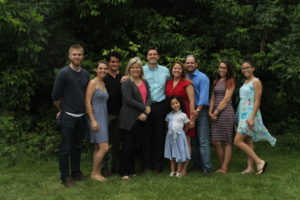 Do you wonder how you are going to get through the teen years? Can you imagine enjoying your children as adults? Join Jeff and Cheryl in this session as they share their own experiences–successes, failures, and lessons learned as they transitioned their four children to adulthood–as well as a mindset and practical tools to help set the stage today for thriving relationships with your children as they grow into adulthood (however old your children are now).
Do you wonder how you are going to get through the teen years? Can you imagine enjoying your children as adults? Join Jeff and Cheryl in this session as they share their own experiences–successes, failures, and lessons learned as they transitioned their four children to adulthood–as well as a mindset and practical tools to help set the stage today for thriving relationships with your children as they grow into adulthood (however old your children are now).
About the speakers:
Jeff and Cheryl Nitz bring both professional and personal experience as they offer insights, challenges, and encouragement to families whom God has brought together through adoption. Jeff is the Chief Operating Office at Patrick Henry Family Services in Virginia and the former Sr. Vice President of Adoption & Family Services for Bethany Christian Services. Cheryl is an Associate Professor at Liberty University as well as the Founder and Director of the Attachment & Bonding Center of PA, specializing in working with families impacted by adoption, trauma, and attachment challenges. But, Jeff and Cheryl often say their best education has come from being parents to their four kids (two of whom came to the family through adoption) and grandparents to four. Most importantly, Jeff and Cheryl are presenting as fellow sojourners—sharing with other adoptive parents the joys and challenges and lessons learned and deeply committed to fostering a fun, growing, supportive marriage in the midst of chaos.
Nurturing Care
 The primary casualty of trauma is the brain. Every other negative outcome is because our brains have been impacted by abuse (physical, emotional, sexual), neglect (physical, emotional), and other adverse experiences. These experiences cause the brain to get miswired, and it is only through nurturing care, patience, and the presence of a caring, available caregiver that we can change the wiring of the brain and experience profound levels of healing. In this breakout session, Ryan and Kayla North will show parents how to incorporate fun activities that build trust such as feeding, role play, and games into a family nurture group in order to foster better connection and begin to rewire the brain for healing.
The primary casualty of trauma is the brain. Every other negative outcome is because our brains have been impacted by abuse (physical, emotional, sexual), neglect (physical, emotional), and other adverse experiences. These experiences cause the brain to get miswired, and it is only through nurturing care, patience, and the presence of a caring, available caregiver that we can change the wiring of the brain and experience profound levels of healing. In this breakout session, Ryan and Kayla North will show parents how to incorporate fun activities that build trust such as feeding, role play, and games into a family nurture group in order to foster better connection and begin to rewire the brain for healing.
About the speakers:
Ryan and Kayla North are experts on childhood trauma and its impact on adults and children. Personally, they spent 10 years as resource parents over which time they cared for 30 different children and adopted 4 who joined their 2 bio kids. They are both TBRI trained practitioners and served as Lead Trainers for Empowered to Connect. They currently lead Tapestry Family Ministry, a nonprofit in Dallas, TX that supports and equips churches and families with tools and resources to wrap around and bring hope and healing to adoptive and foster parents, children, and their families. You can hear them on The Empowered Parent Podcast and read their writing on Empowered to Connect, the Today Show Parenting team, and at One Big Happy Home.
Sensory Processing: What You as Parents Need to Know
 We have 8 senses to learn and grow. You may know the “Big 5”–taste, smell, hearing, touch, and sight. But, we also have proprioception, vestibular, and interoception senses to make sense of our own bodies and the world we live in. All children can have challenges processing the breadth of messages they take in through those 8 senses. And, it can be very hard for us as parents to differentiate what is a behavioral issue and what is a sensory processing issue. In this session, Jamie will teach us how to understand our sensory systems, how to integrate sensory rich activities into everyday life in a way that works for your family, and how trauma may impact all of it.
We have 8 senses to learn and grow. You may know the “Big 5”–taste, smell, hearing, touch, and sight. But, we also have proprioception, vestibular, and interoception senses to make sense of our own bodies and the world we live in. All children can have challenges processing the breadth of messages they take in through those 8 senses. And, it can be very hard for us as parents to differentiate what is a behavioral issue and what is a sensory processing issue. In this session, Jamie will teach us how to understand our sensory systems, how to integrate sensory rich activities into everyday life in a way that works for your family, and how trauma may impact all of it.
About the speaker:
Jamie Wilkins is an accomplished Occupational Therapist specializing in pediatric care across multiple settings. Her clinical expertise is focused on children and adolescents with autism and sensory integration. She loves to share knowledge to her community and teach other therapists in classroom settings nationally. She earned her Master’s degree in Occupational Therapy from West Virginia University. She currently lives in Texas with her husband, 3 children, and black lab.
Teaching Our Kids About Sex…Without Passing Out
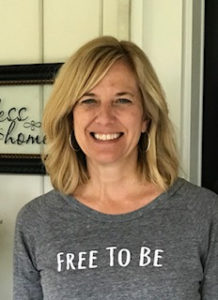 When it comes to teaching your kids, whether biological, adopted, or fostered about sex, there is no one more qualified than you. That’s right–you! But, most of us feel ill-equipped, awkward, maybe even terrified. The voices in our head ask, “When? Where? How?” And we beg, “Oh please, Jesus, may this cup pass from us?” In this breakout, together, we will explore the when, where, and how, which will equip us to move through the awkward and empower us to have courageous conversations with our kids . . . without passing out. Course requirements: An open heart and a sense of humor.
When it comes to teaching your kids, whether biological, adopted, or fostered about sex, there is no one more qualified than you. That’s right–you! But, most of us feel ill-equipped, awkward, maybe even terrified. The voices in our head ask, “When? Where? How?” And we beg, “Oh please, Jesus, may this cup pass from us?” In this breakout, together, we will explore the when, where, and how, which will equip us to move through the awkward and empower us to have courageous conversations with our kids . . . without passing out. Course requirements: An open heart and a sense of humor.
About the speaker:
Carolyn Ruch is an author, speaker, child advocate, and founder of the Rise and Shine Movement. But, her role as mother to seven children (three biological, one adopted, and three foster) is where she’s had her most joyous successes and her most painful failures. Carolyn enjoys serving as God calls from 30 years of parenting and over a decade of prevention training. She joins parents in the trenches as she seeks to equip and empower parents to protect and guard their children.
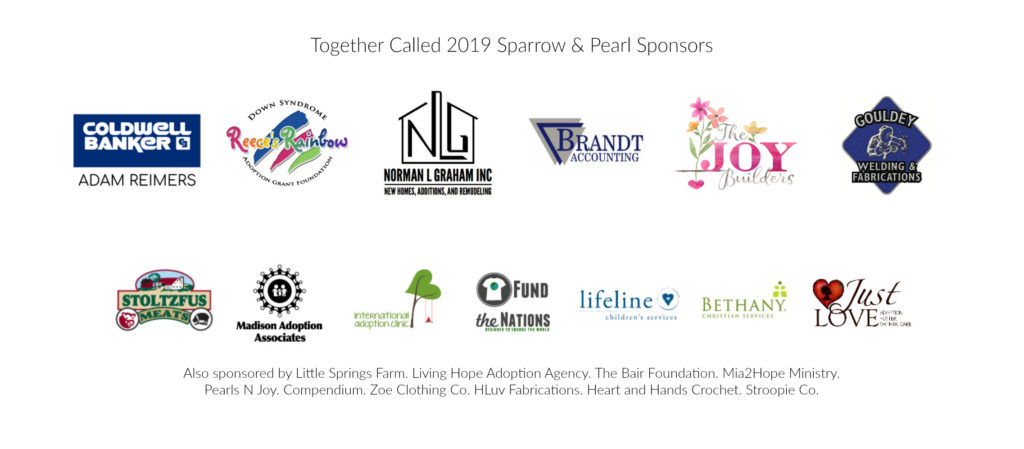

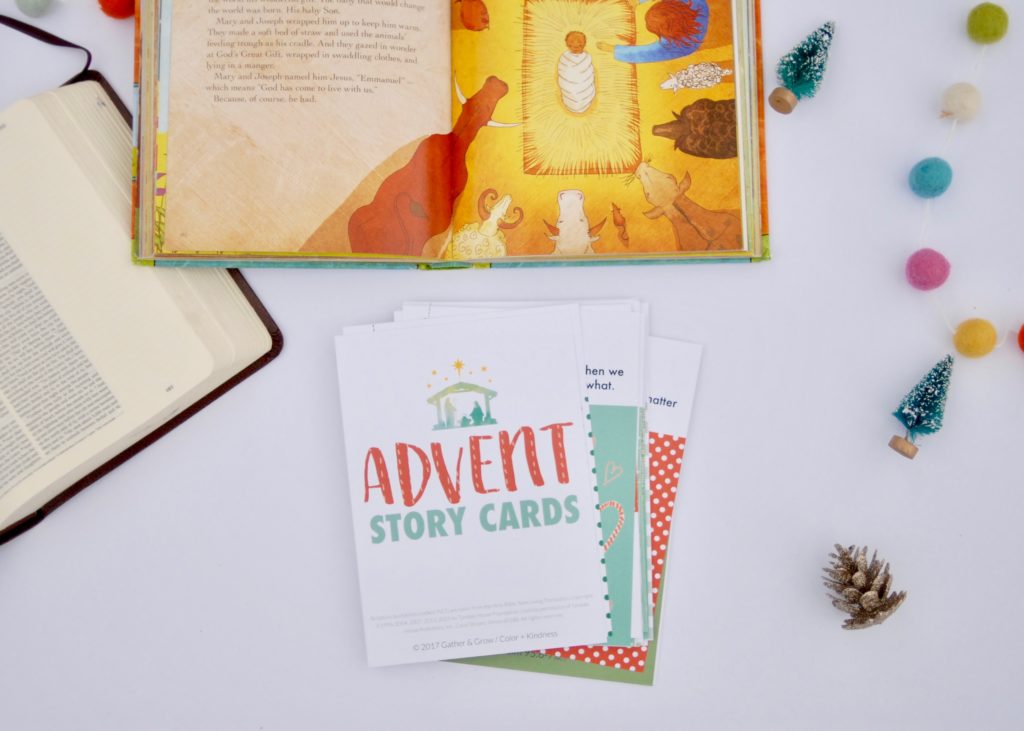

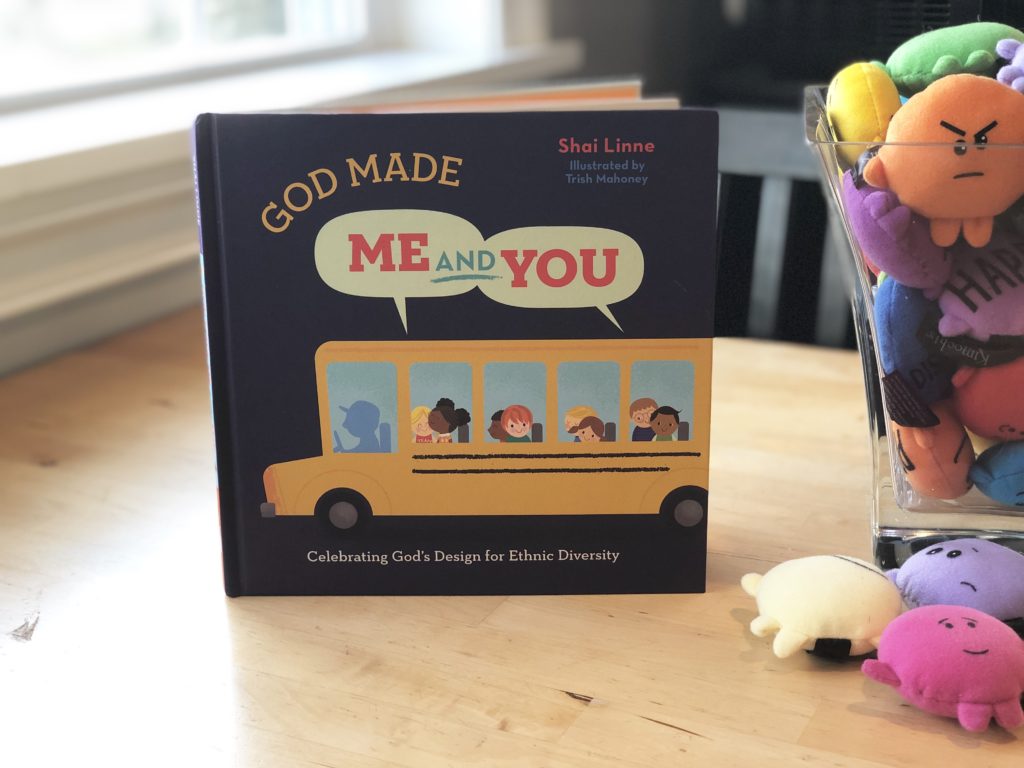
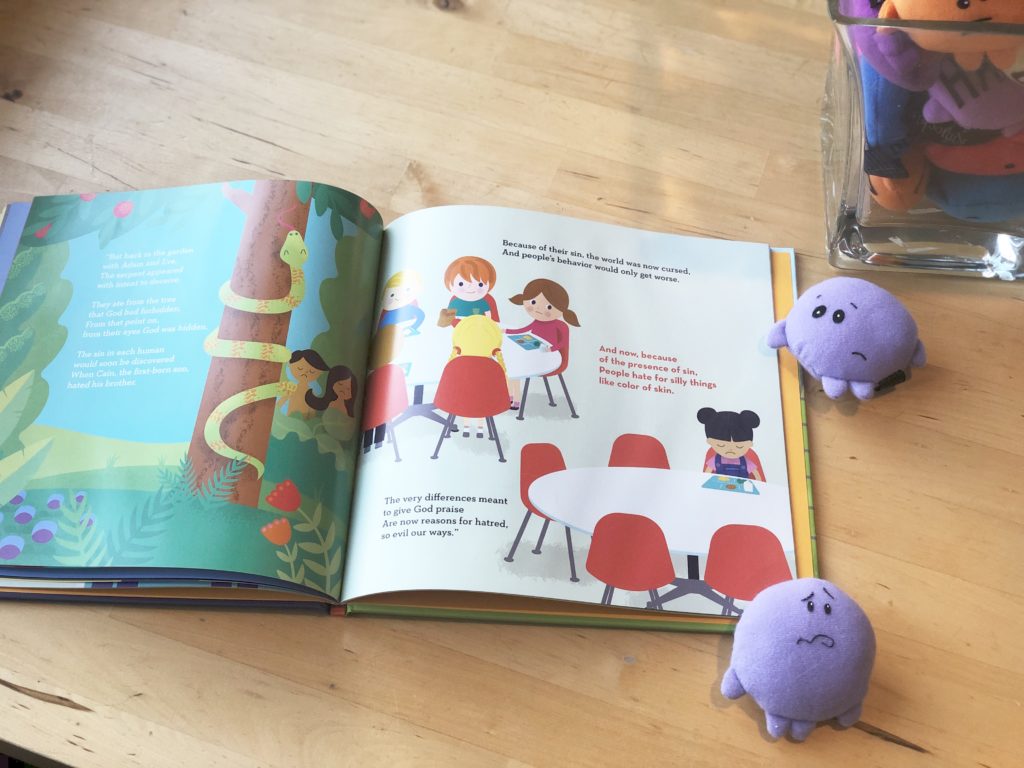
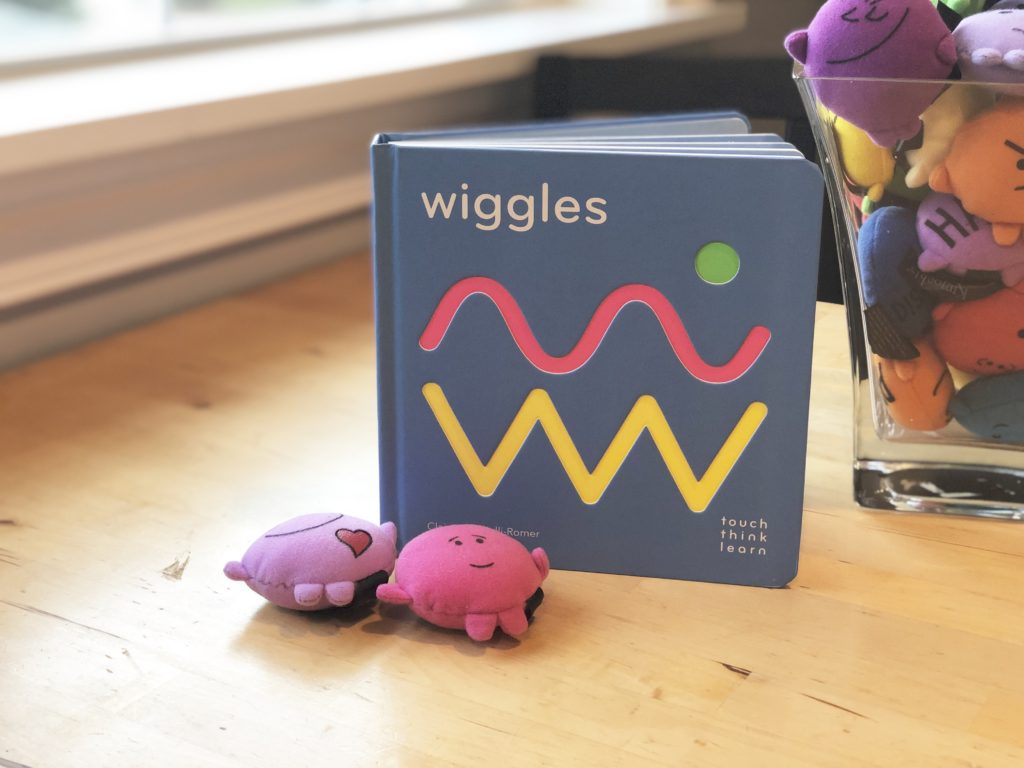
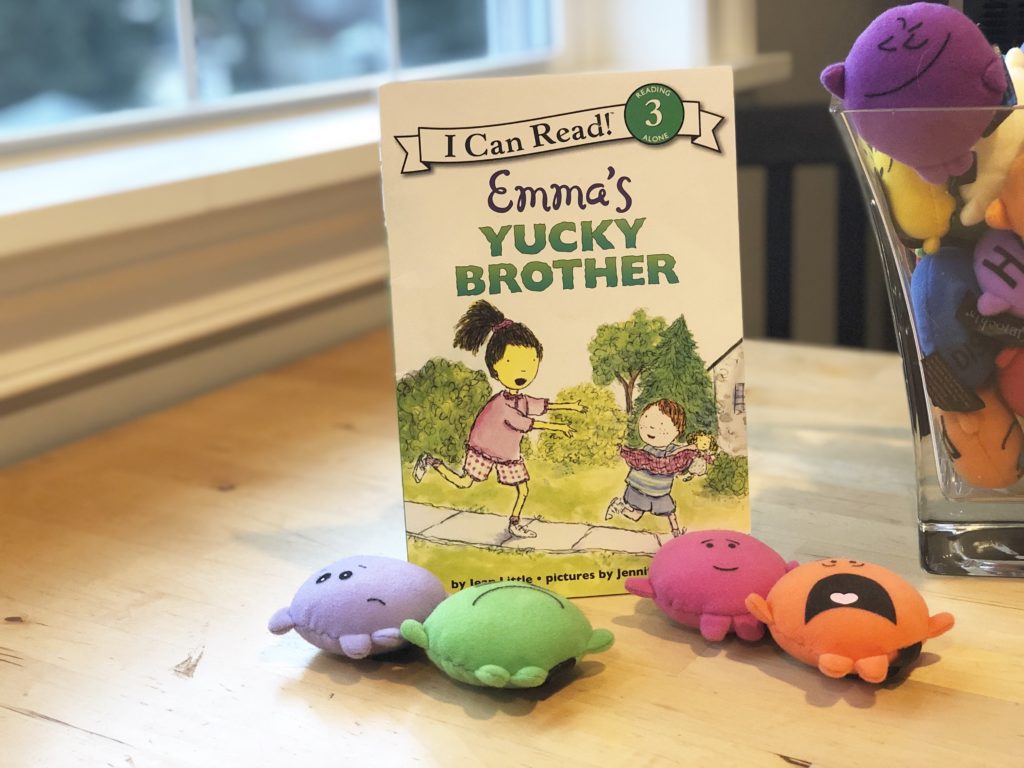
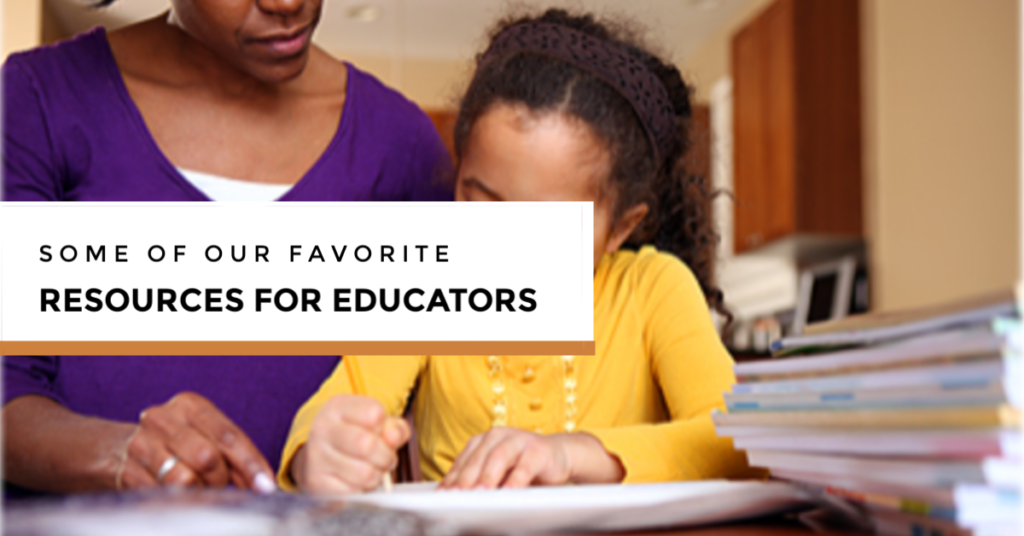

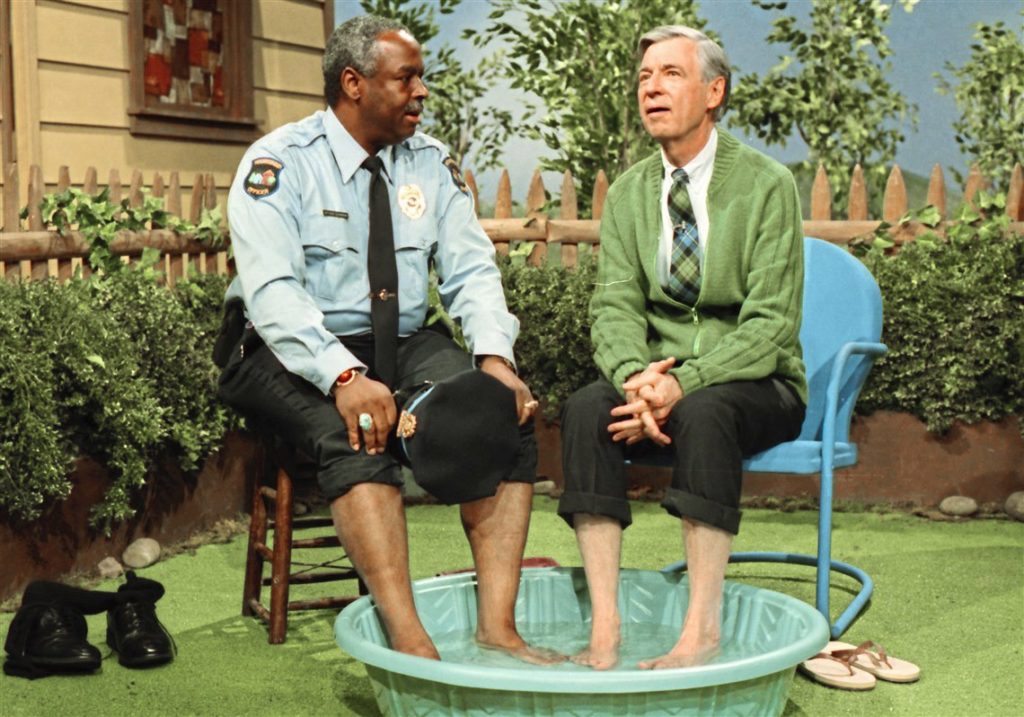


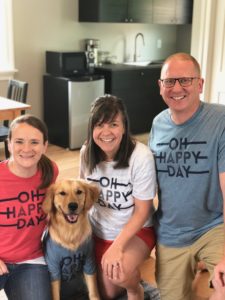 Our team of three has grown by one more—one with four furry feet! After over a year of effort and several months of intensive training with
Our team of three has grown by one more—one with four furry feet! After over a year of effort and several months of intensive training with 
 One of the first steps in the adoption process is filling out a Medical Needs Checklist, which is a daunting task. Typically, when adoptive families are considering whether they would be able to parent a child with particular needs from such a list, hemophilia jumps out as one of the scarier needs. That make sense. Hemophilia is pretty rare –
One of the first steps in the adoption process is filling out a Medical Needs Checklist, which is a daunting task. Typically, when adoptive families are considering whether they would be able to parent a child with particular needs from such a list, hemophilia jumps out as one of the scarier needs. That make sense. Hemophilia is pretty rare – 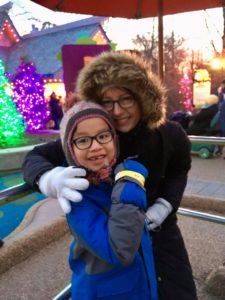 So, what is hemophilia, then? Children and adults with hemophilia are missing a protein in their blood that helps the blood to clot. These proteins are called clotting factors. To understand how to care for a child with hemophilia, it helps to know a little about the clotting process. A good analogy for the clotting process is a set of dominoes. Remember how you used to line dominoes up and then tip the first one over to watch them all fall in succession? The clotting process works the same way: there are 13 proteins, called clotting factors, that all work together, in succession, to build a stable clot. But, if one of those proteins (or dominoes) is missing, the clotting process stops prematurely. The most common type of hemophilia, Hemophilia A, occurs when a person is missing Factor VIII (factor 8). This is the kind of hemophilia my son has. Children with hemophilia bleed longer than others, not faster, and they bruise more easily than you and I do. Cuts and scrapes are treated much the same way as for a person with typical clotting. The biggest risks in hemophilia are bleeding internally, such as into joints, muscles, or soft tissues. But, the good news is that hemophilia is very treatable, and these children live happy, healthy, long, joyful lives.
So, what is hemophilia, then? Children and adults with hemophilia are missing a protein in their blood that helps the blood to clot. These proteins are called clotting factors. To understand how to care for a child with hemophilia, it helps to know a little about the clotting process. A good analogy for the clotting process is a set of dominoes. Remember how you used to line dominoes up and then tip the first one over to watch them all fall in succession? The clotting process works the same way: there are 13 proteins, called clotting factors, that all work together, in succession, to build a stable clot. But, if one of those proteins (or dominoes) is missing, the clotting process stops prematurely. The most common type of hemophilia, Hemophilia A, occurs when a person is missing Factor VIII (factor 8). This is the kind of hemophilia my son has. Children with hemophilia bleed longer than others, not faster, and they bruise more easily than you and I do. Cuts and scrapes are treated much the same way as for a person with typical clotting. The biggest risks in hemophilia are bleeding internally, such as into joints, muscles, or soft tissues. But, the good news is that hemophilia is very treatable, and these children live happy, healthy, long, joyful lives.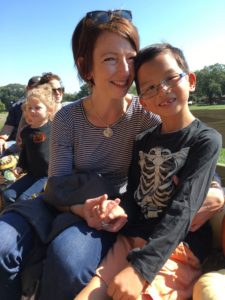 Treatment of hemophilia involves replacing the child’s missing clotting factor. Usually, children receive intravenous (IV) infusions of their missing clotting factor two or three times per week. That may sound daunting, but it takes only a few minutes! We do my son’s infusions before breakfast (his choice) three times per week. Some children receive infusions peripherally (into a vein, like my son), and other children have a port into which their infusions can be given. When my son first came home, we had a wonderful home health nurse who came to do his infusions. After he was home for a couple of years, our Hemophilia Treatment Center trained me to do them myself so that we could treat on our own while traveling or when our nurse wasn’t available. I can’t say enough good things about the supportive care my son receives from the Hemophilia Treatment Center (HTC). They patiently answered my umpteen questions before my son came home, and the whole treatment team (a hemophilia nurse, pediatric hematologist, social worker, physical therapist, and education specialist) continue to be tremendously supportive as he grows. You can check the
Treatment of hemophilia involves replacing the child’s missing clotting factor. Usually, children receive intravenous (IV) infusions of their missing clotting factor two or three times per week. That may sound daunting, but it takes only a few minutes! We do my son’s infusions before breakfast (his choice) three times per week. Some children receive infusions peripherally (into a vein, like my son), and other children have a port into which their infusions can be given. When my son first came home, we had a wonderful home health nurse who came to do his infusions. After he was home for a couple of years, our Hemophilia Treatment Center trained me to do them myself so that we could treat on our own while traveling or when our nurse wasn’t available. I can’t say enough good things about the supportive care my son receives from the Hemophilia Treatment Center (HTC). They patiently answered my umpteen questions before my son came home, and the whole treatment team (a hemophilia nurse, pediatric hematologist, social worker, physical therapist, and education specialist) continue to be tremendously supportive as he grows. You can check the 
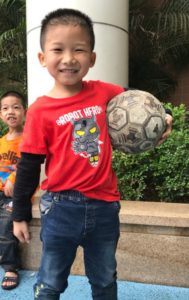
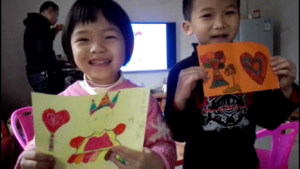
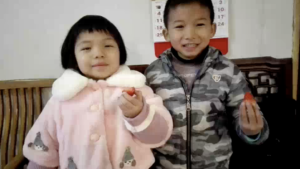
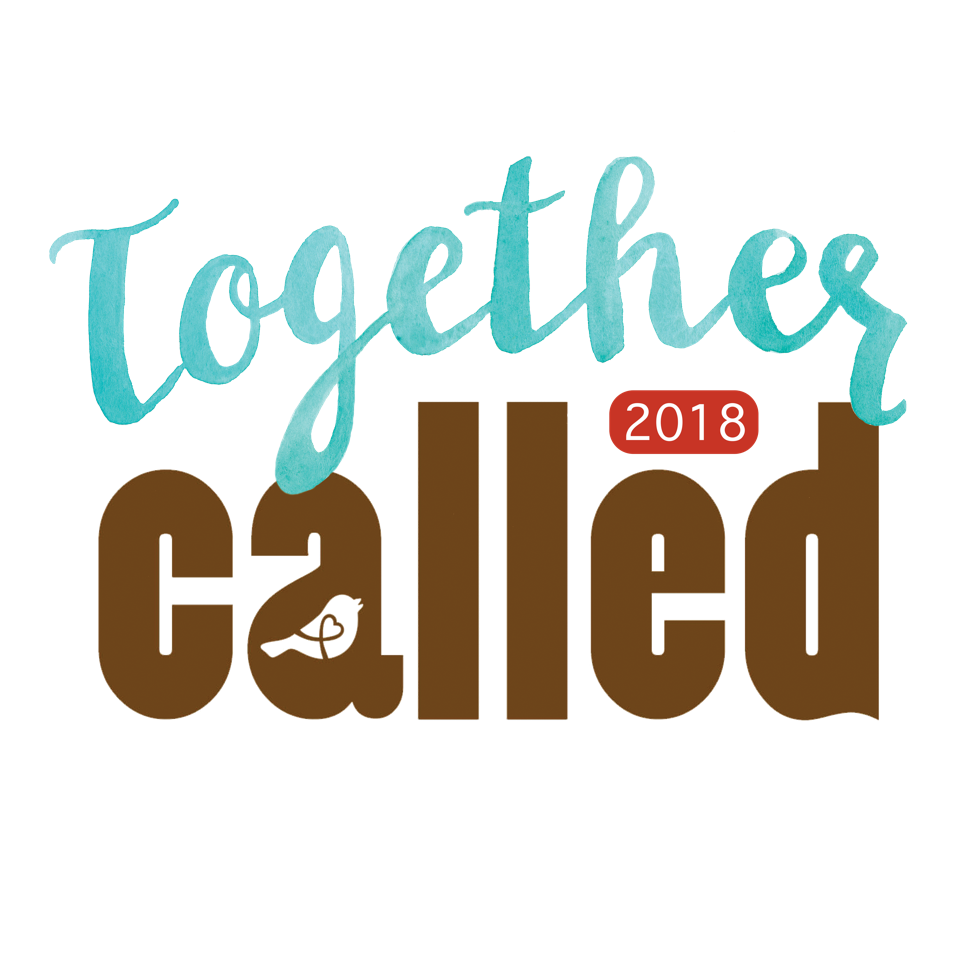
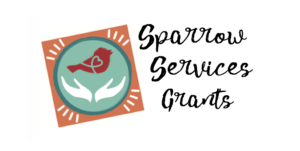 We started The Sparrow Fund with the specific purpose of encouraging and supporting families in the adventure of adoption. We did that exclusively through a grant program for families adopting internationally that covered their cost to enroll in programs that would give them preadoption support, counsel, and medical reviews of referrals. Those grants allowed us to meet a real need for families who might not get this type of support otherwise.
We started The Sparrow Fund with the specific purpose of encouraging and supporting families in the adventure of adoption. We did that exclusively through a grant program for families adopting internationally that covered their cost to enroll in programs that would give them preadoption support, counsel, and medical reviews of referrals. Those grants allowed us to meet a real need for families who might not get this type of support otherwise.